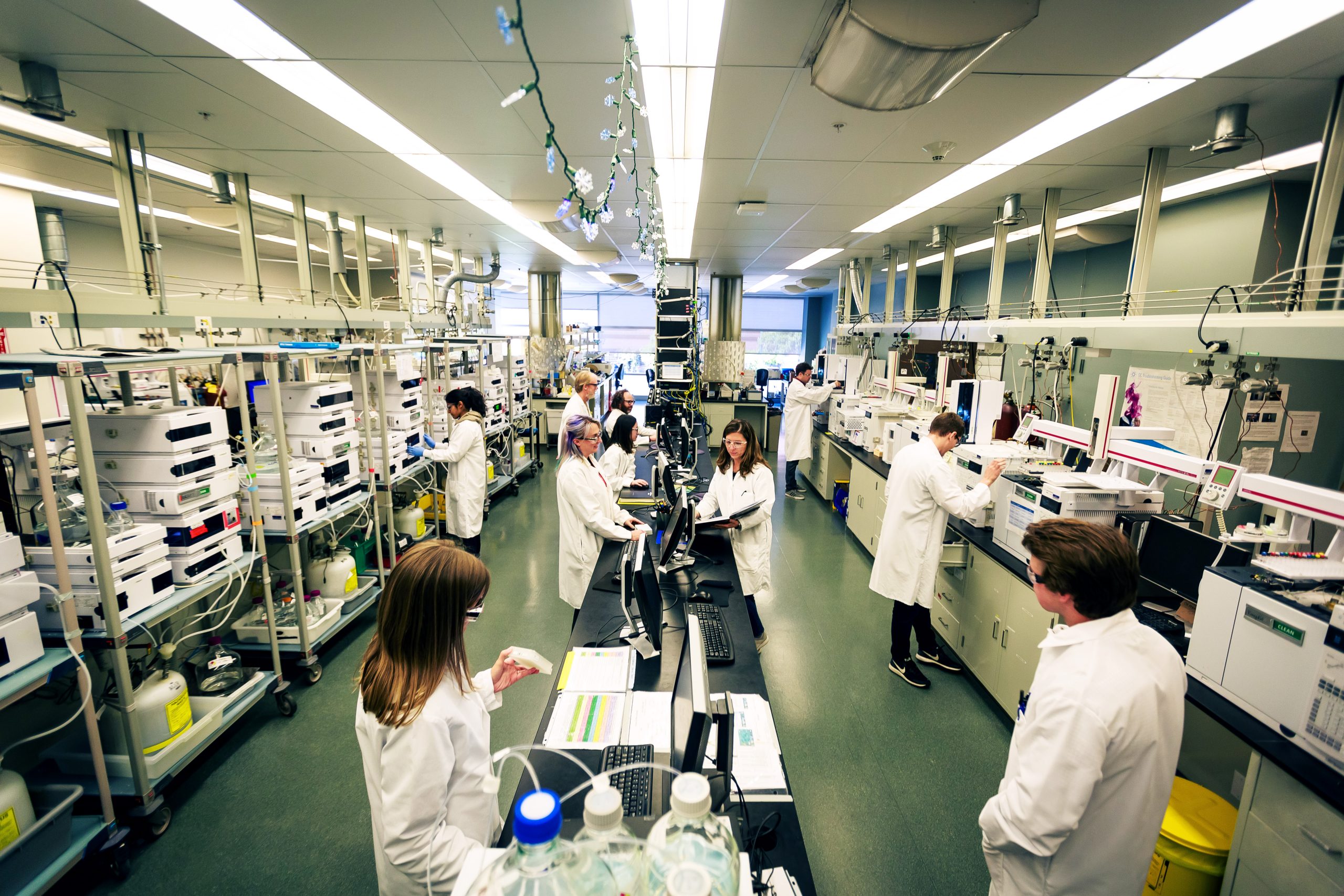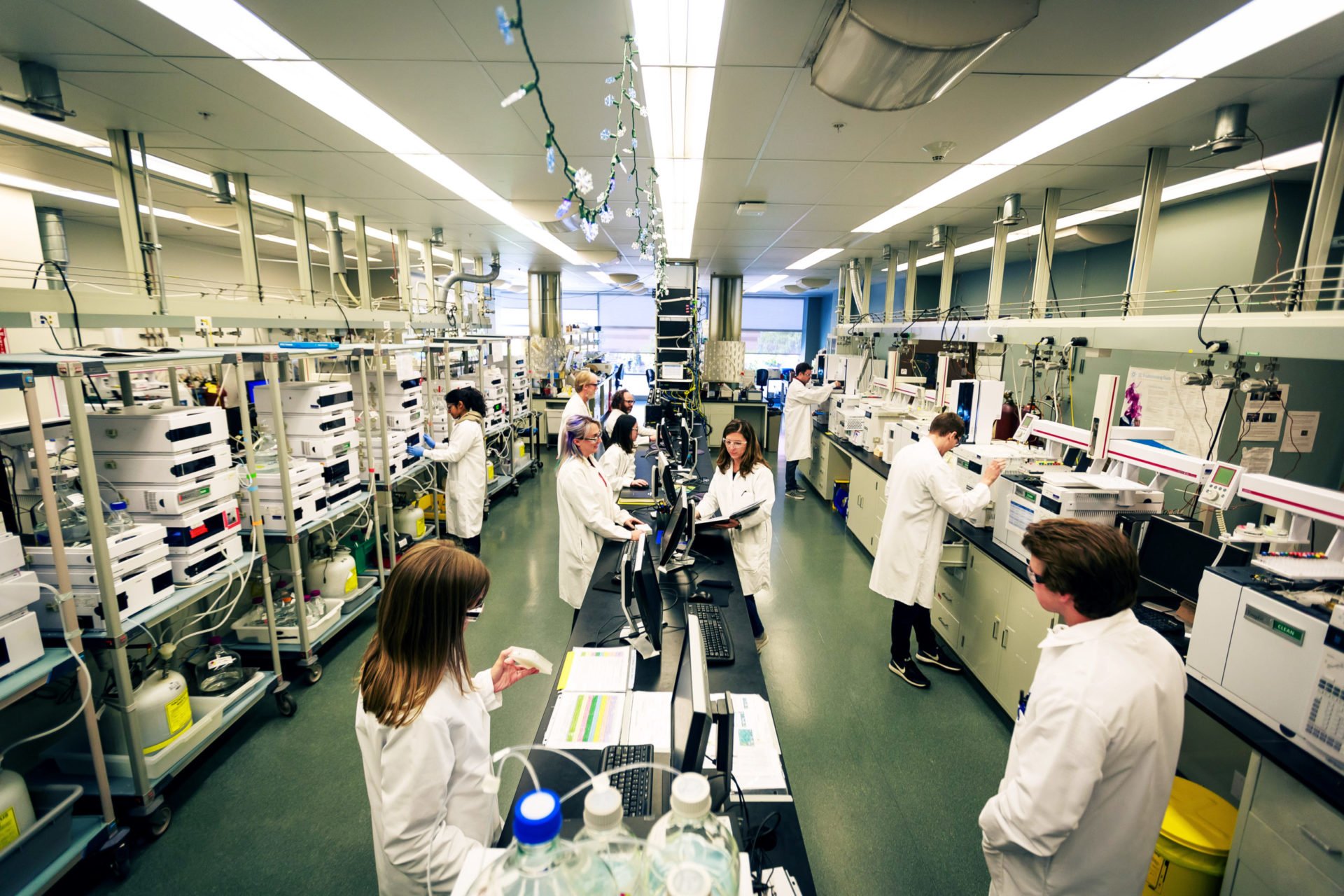Amyris CEO John Melo will be speaking on Monday at Techonomy 2018. Tune into our webcast live from our home page.
John Melo believes that the path to making sustainable development mainstream is to create environmentally-friendly products so appealing that demand forces the replacement of traditional manufacturing methods. He hopes this will eliminate a great deal of pollution and environmental degradation, as he builds synthetic genomics firm Amyris, where he is CEO.
He wants to “make it easier for people to choose better for themselves and for the planet,” he says. “For the average consumer in 10 years, sustainably made products should become the new normal, and harmful products will be the exception.”

Amyris achieved prominence in the genomics field long before consumers heard its name. The company’s first endeavor, funded by a $42.5 million grant in 2004 from the Bill & Melinda Gates Foundation, was to find an alternative means of producing an antimalarial drug that until then had required isolating chemicals from a rare tree. Up until then, the yields from that process had been unreliable. Amyris’ solution offered some of the first proof that synthetic genomics—re-engineering the genomes of living things to produce desired compounds in a safe, reliable manufacturing process—could be commercially viable.
Amyris scientists fine-tuned a strain of yeast to produce artemisinic acid, a precursor component to the antimalarial drug. The yeast-derived compound went to market in 2013. Since then, Melo estimates, steady availability of the drug has saved the lives of 1 million children each year, reducing the death toll by more than 60 percent.
Today, the Amyris team is working to expand the portfolio of compounds its strains of yeast can generate. But its focus remains on products that have traditionally been extracted from rare or difficult-to-access sources in nature. Yeast-based manufacturing of squalene, a skin-softening emollient previously extracted from the livers of sharks, led to the launch of the company’s Biossance skincare line. “[It] has become the fastest-growing skincare brand in the U.S. by delivering a sustainably sourced moisturizer that is healthy for the consumer,” says Melo. He claims the shift to yeast-generated squalene is saving the lives of as many as 3 million sharks per year.
Synthetic genomics might sound like a niche field, but Melo says the potential for creating more sustainable products is huge. Strides in the lab are helping to drive further progress. Each new sustainably grown product requires company scientists to engineer and perfect a new strain of yeast, but the time they take to do that is getting much shorter.
Now the company is finalizing development of a sweetener, based on natural sucrose, but that has no calories whatsoever. “Your taste receptors think you’re eating sugar,” Melo says. It may sound too good to be true, but Melo is confident Amyris has the science perfected, and he says the product will start shipping commercially this year. The hard part will be scaling up manufacturing to create thousands of tons per year in giant vats of special yeast.
“So why does biotech matter?” asks Melo. “Because with biotech and fermentation you can have sustainable and healthy products for everyone on the planet.”
Is Yeast the Future of Manufacturing?
A sweetener, based on natural sucrose, but that has no calories whatsoever? It's coming, along with portfolio of consumer products produced in the lab through synthetic genomics.
















